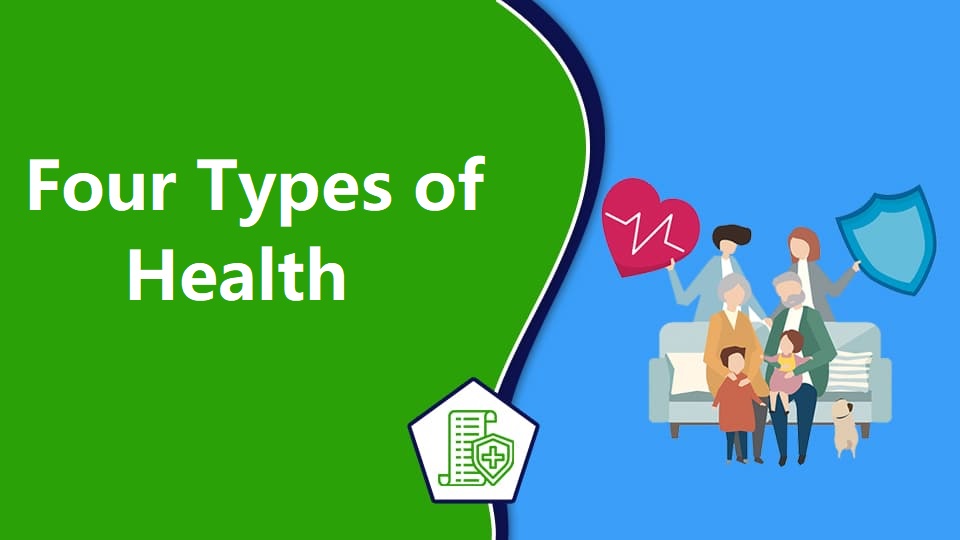Why do I get Nauseous When I Poop? – Everything you need to know 2025

Feeling nauseated during or after a bowel movement is an unpleasant and often concerning symptom. But what causes that sick, dizzy feeling when you poop? Is it something to worry about, or can it be easily remedied? This comprehensive guide covers all you need to know about nausea during bowel movements.
Disclaimer: This article is for educational purposes only and should not be taken as medical advice. If you frequently feel nauseous when pooping, or if your symptoms are severe, persistent, or accompanied by other health concerns, it’s important to consult a healthcare professional.
Understanding the Gut-Brain Connection
Ever heard of the phrase “gut feeling”? That’s not just a figure of speech. Your gut and brain constantly talk through something called the gut-brain axis. This communication system uses nerves, hormones, and chemical signals to share information between your digestive system and central nervous system.
When you poop, your body isn’t just clearing waste. Your muscles, nerves, and blood vessels are all working together in a surprisingly complex process. Sometimes this activity can trigger responses in your nervous system that make you feel lightheaded, sweaty, or nauseous.
Think of it like your body pulling a fire alarm when it feels stressed. Instead of a loud bell, the alarm shows up as nausea.
Read More: Paula’s Choice Vs. Tula – The Spring Skin Routine
Common Reasons You May Feel Nauseous When Pooping
1. The Vagus Nerve Reaction
One of the biggest players in this story is the vagus nerve. This nerve connects your brain to your gut, heart, and other organs. When you poop, especially if you’re straining, the vagus nerve can get overstimulated. This can slow down your heart rate and lower your blood pressure for a moment, leaving you dizzy, sweaty, or nauseous.
It’s the same reason some people faint at the sight of blood or during intense pain. Your body overreacts, and nausea becomes part of the deal.
2. Straining Too Hard
Constipation often forces people to push harder than normal. Straining puts pressure on your abdominal muscles and stimulates nerves that can trigger nausea. It’s like your body saying, “This is too much work!”
On top of that, straining can also worsen hemorrhoids or cause small tears, which can add discomfort and stress, further fueling the nauseous feeling.
3. Irritable Bowel Syndrome (IBS)
If you deal with IBS, you already know that bathroom visits can feel unpredictable. IBS can cause cramping, bloating, diarrhea, or constipation, and sometimes nausea sneaks in too.
When your bowels contract irregularly or too forcefully, it can send mixed signals to your brain. This miscommunication often results in nausea while you’re pooping or shortly after.
4. Digestive Disorders
Other digestive issues, such as Crohn’s disease, ulcerative colitis, or even gastritis, can make bowel movements uncomfortable. Inflammation in the digestive tract increases sensitivity, and your body might respond to the pain and irritation with nausea.
If nausea is a recurring issue along with blood in your stool, weight loss, or severe abdominal pain, it’s time to see a doctor.
5. Hormonal Shifts
Hormones play a bigger role in digestion than most of us realize. For women, hormonal changes during menstruation can lead to looser stools, cramps, and yes, even nausea when pooping.
Pregnancy is another time when hormones wreak havoc on digestion, often causing constipation, diarrhea, or heightened sensitivity in the gut.
6. Food Sensitivities or Allergies
Have you ever noticed that nausea during pooping tends to strike after eating certain foods? Lactose intolerance, gluten sensitivity, or food allergies can irritate your stomach and intestines. When your body tries to eliminate these irritants, nausea may show up as part of the reaction.
7. Anxiety and Stress
Stress doesn’t just live in your head. It often shows up in your gut, too. High stress or anxiety can speed up digestion in some people and slow it down in others. Either way, the imbalance can trigger nausea during bowel movements.
It’s like your stomach decides to carry some of the burden of your worries, and you end up feeling sick while trying to go to the bathroom.
8. Gastroenteritis or Infections
Stomach bugs or infections can make bathroom trips miserable. When bacteria or viruses irritate your digestive tract, the nausea doesn’t wait for you to finish pooping — it often hits at the same time.
This usually passes once the infection clears, but hydration and rest are key in the meantime.
9. Medications and Side Effects
Certain medications, especially antibiotics, painkillers, or iron supplements, can upset your digestive system. If your meds are making you nauseous every time you poop, it’s worth asking your doctor about alternatives or adjustments.
10. Circulatory Changes
When you sit on the toilet and push, blood flow can temporarily shift in your body. This sudden change might make you feel lightheaded or nauseous. For some people, this effect is stronger and happens almost every time.
When Should You Worry About Nausea While Pooping
Feeling queasy once in a while might not be a big deal. But if nausea happens often, is severe, or comes with other red flag symptoms, it’s worth getting checked out.
Look out for:
- Blood in your stool
- Severe abdominal pain
- Unexplained weight loss
- Dizziness or fainting during bowel movements
- Chronic constipation or diarrhea
These could signal an underlying condition that needs medical attention.
Practical Tips to Reduce Nausea When Pooping
The good news is that many cases of bathroom nausea can be managed with small changes. Here are some practical steps:
- Stay Hydrated: Drinking enough water keeps stools softer and easier to pass.
- Eat More Fiber: Fiber-rich foods like fruits, vegetables, and whole grains support smoother digestion.
- Exercise Regularly: Movement helps your bowels move too, reducing constipation.
- Avoid Straining: Don’t force it. Give yourself time, and consider a stool or squatty potty to adjust your position.
- Manage Stress: Relaxation techniques like deep breathing or meditation can calm both your mind and gut.
- Watch Your Diet: Pay attention to trigger foods that might worsen nausea or bowel discomfort.
- Check Medications: If you suspect your meds are causing the problem, consult your doctor.
- Go When You Need To: Don’t hold it in, as delaying can make stools harder and pooping more stressful.
FAQs About Feeling Nauseous When Pooping
1. Is it normal to feel nauseous when pooping?
It can happen occasionally and isn’t always a cause for concern. But if it’s frequent or intense, it’s worth looking into.
2. Can constipation make me nauseous while pooping?
Yes. Straining from constipation often triggers nausea due to pressure on your abdominal nerves.
3. Why do I feel dizzy and sweaty when I poop?
That’s usually the vagus nerve being overstimulated. It can temporarily lower blood pressure and slow your heart rate.
4. Can diet help reduce nausea during bowel movements?
Absolutely. Drinking more water, eating fiber, and avoiding trigger foods can make a big difference.
5. Should I see a doctor if nausea happens every time I poop?
Yes. Frequent nausea is not something to ignore, especially if it’s paired with pain, blood, or other unusual symptoms.
6. Could stress or anxiety cause nausea when pooping?
Yes. Stress impacts digestion, and for some people, it triggers nausea during bowel movements.
7. Is it dangerous to feel nauseous while pooping?
Most of the time, no. But if it’s consistent or accompanied by other concerning symptoms, it can point to an underlying health issue.
Conclusion
So, why do you get nauseous when you poop? The answer isn’t always simple, but it usually comes down to the way your gut and brain interact through nerves, blood flow, hormones, and digestion. Occasional nausea is often harmless, but if it’s frequent or severe, it may be your body’s way of signaling that something else is going on.
The key takeaway is to pay attention to your body. Track your symptoms, make small lifestyle changes, and don’t hesitate to talk to a healthcare provider if you’re concerned. Your bathroom experience doesn’t have to come with a side of nausea, and with the right steps, you can make it a lot more comfortable.



